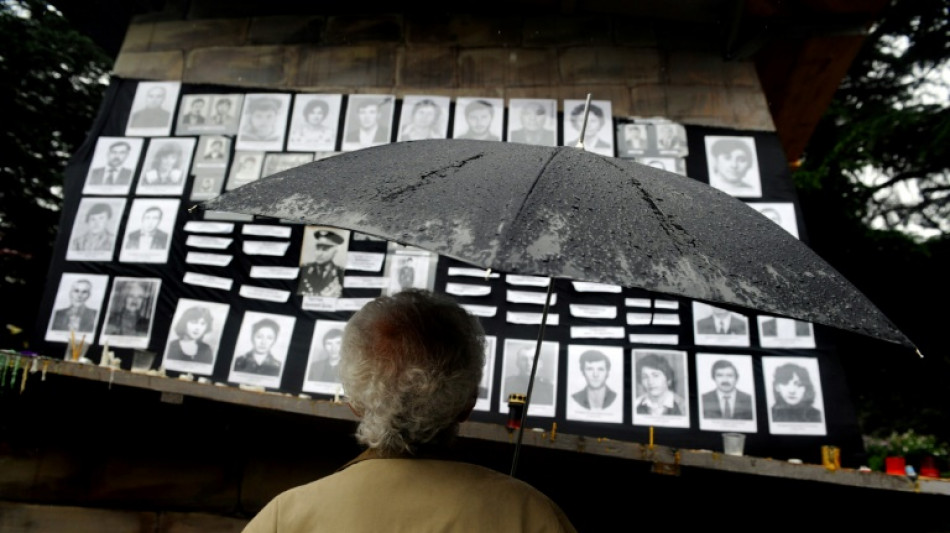
-
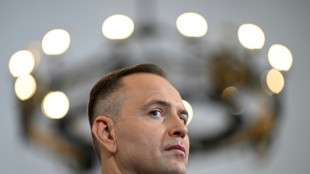 Ukraine's Zelensky in Poland for first meeting with nationalist president
Ukraine's Zelensky in Poland for first meeting with nationalist president
-
England in disarray at 59-3 in crunch Test as Lyon, Cummins pounce
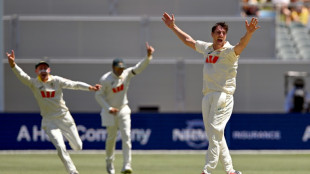
-
 Japan faces lawsuit over 'unconstitutional' climate inaction
Japan faces lawsuit over 'unconstitutional' climate inaction
-
Migrants forced to leave Canada after policy change feel 'betrayed'
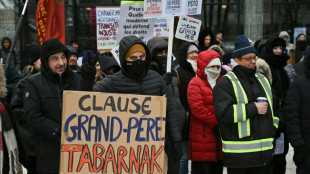
-
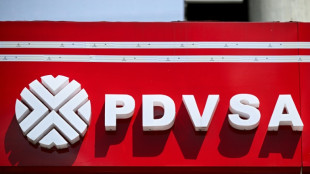 What's next for Venezuela under the US oil blockade?
What's next for Venezuela under the US oil blockade?
-
Salvadorans freed with conditional sentence for Bukele protest
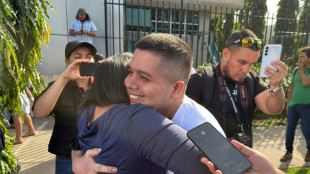
-
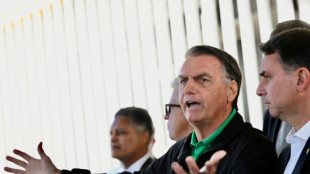 Brazil Congress passes bill to cut Bolsonaro prison term
Brazil Congress passes bill to cut Bolsonaro prison term
-
Cricket Australia boss slams technology 'howler' in Ashes Test
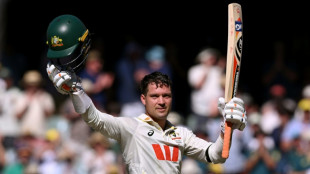
-
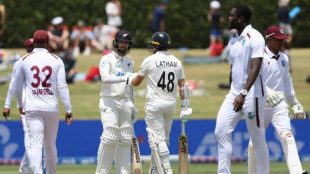 New Zealand 83-0 at lunch on day one of third West Indies Test
New Zealand 83-0 at lunch on day one of third West Indies Test
-
Ecuadorean footballer Mario Pineida shot and killed
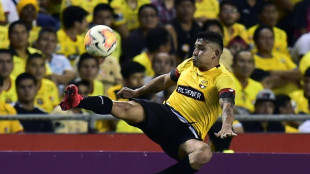
-
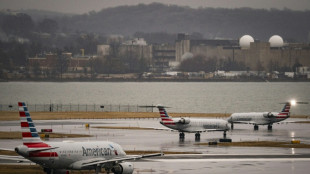 US government admits liability in deadly DC air collision
US government admits liability in deadly DC air collision
-
Ex-podcaster Dan Bongino stepping down as deputy FBI director

-
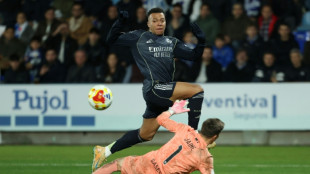 Real Madrid scrape past third-tier Talavera in Spanish Cup
Real Madrid scrape past third-tier Talavera in Spanish Cup
-
Hunt for US college mass shooter drags into fifth day
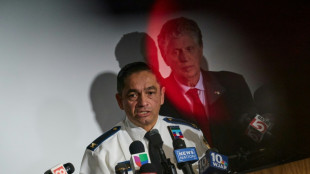
-
 Cherki inspires Man City, Newcastle strike late to reach League Cup semis
Cherki inspires Man City, Newcastle strike late to reach League Cup semis
-
Barcelona, Lyon and Chelsea reach Women's Champions League quarters
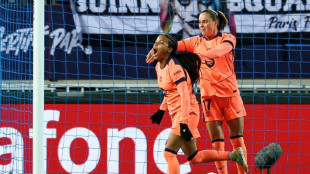
-
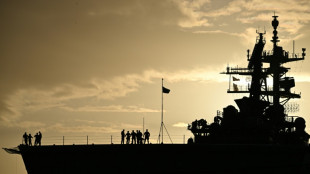 Venezuela reacts defiantly to US oil blockade, claims exports unaffected
Venezuela reacts defiantly to US oil blockade, claims exports unaffected
-
Nasdaq tumbles on renewed angst over AI building boom
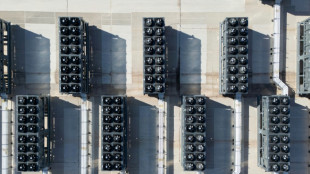
-
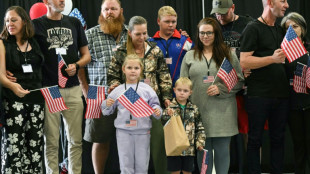 S.Africa expels Kenyans working on US Afrikaner 'refugee' applications
S.Africa expels Kenyans working on US Afrikaner 'refugee' applications
-
US Congress ends Syria sanctions
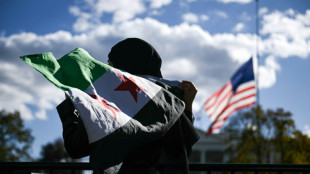
-
 Cherki inspires Man City cruise into League Cup semis
Cherki inspires Man City cruise into League Cup semis
-
Billionaire Trump nominee confirmed to lead NASA amid Moon race
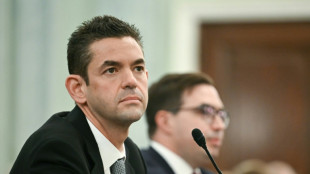
-
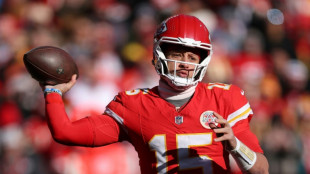 Mahomes undergoes surgery, could return for 2026 opener: Chiefs
Mahomes undergoes surgery, could return for 2026 opener: Chiefs
-
Melania Trump steps into spotlight in Amazon film trailer
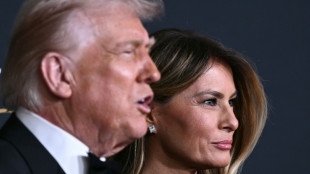
-
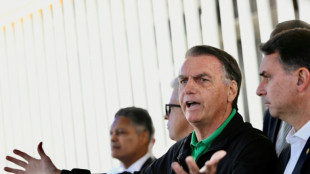 Brazil Senate advances bill that could cut Bolsonaro jail term
Brazil Senate advances bill that could cut Bolsonaro jail term
-
Safonov hero as PSG beat Flamengo in Intercontinental Cup
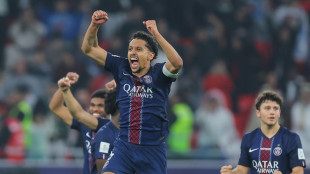
-
 Oscars to stream exclusively on YouTube from 2029
Oscars to stream exclusively on YouTube from 2029
-
Oscars to stream exclusively on YouTube from 2029: Academy

-
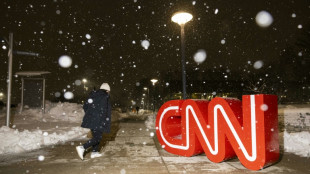 CNN's future unclear as Trump applies pressure
CNN's future unclear as Trump applies pressure
-
Zelensky says Russia preparing for new 'year of war'
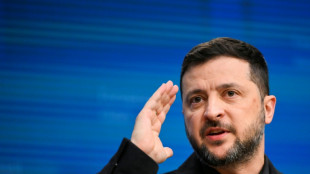
-
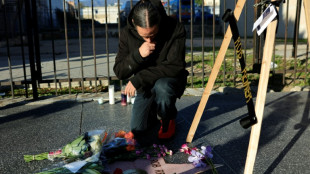 Rob Reiner's son appears in court over parents' murder
Rob Reiner's son appears in court over parents' murder
-
US Congress passes defense bill defying Trump anti-Europe rhetoric
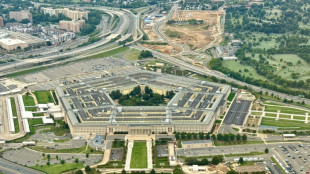
-
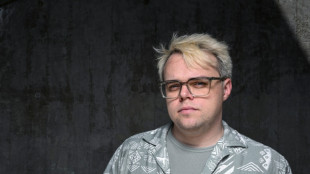 Three Russia-themed anti-war films shortlisted for Oscars
Three Russia-themed anti-war films shortlisted for Oscars
-
US oil blockade of Venezuela: what we know
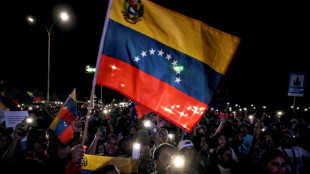
-
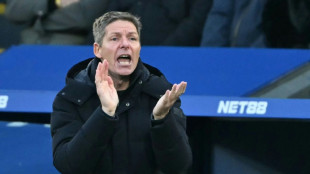 Palace boss Glasner says contract talks on hold due to hectic schedule
Palace boss Glasner says contract talks on hold due to hectic schedule
-
Netflix to launch FIFA World Cup video game
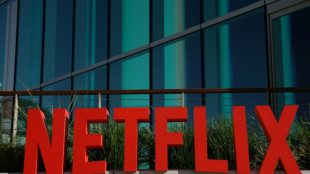
-
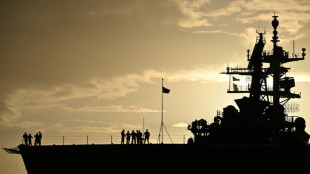 Venezuela says oil exports continue normally despite Trump 'blockade'
Venezuela says oil exports continue normally despite Trump 'blockade'
-
German MPs approve 50 bn euros in military purchases
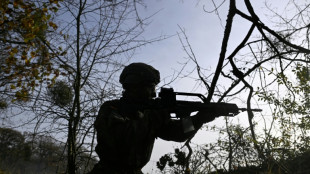
-
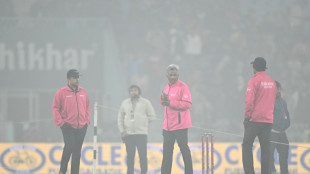 India v South Africa 4th T20 abandoned due to fog
India v South Africa 4th T20 abandoned due to fog
-
Hydrogen plays part in global warming: study

-
 EU's Mercosur trade deal hits French, Italian roadblock
EU's Mercosur trade deal hits French, Italian roadblock
-
What next for Belarus after US deal on prisoners, sanctions?
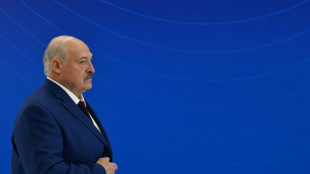
-
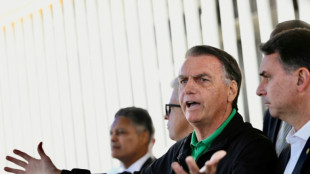 Brazil Senate debates bill that could slash Bolsonaro jail term
Brazil Senate debates bill that could slash Bolsonaro jail term
-
Coe shares 'frustration' over marathon record despite Kenyan's doping ban
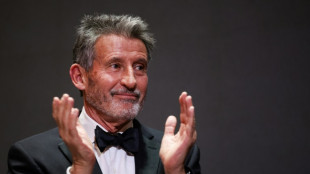
-
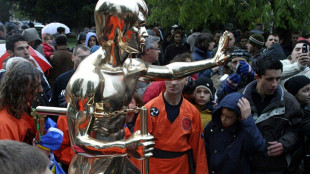 Stolen Bruce Lee statue 'returns' to Bosnia town
Stolen Bruce Lee statue 'returns' to Bosnia town
-
Veteran Suarez signs new Inter Miami contract
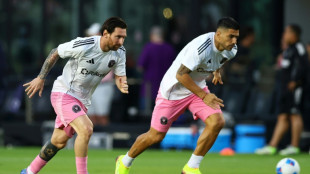
-
 Warner Bros rejects Paramount bid, sticks with Netflix
Warner Bros rejects Paramount bid, sticks with Netflix
-
Crude prices surge after Trump orders Venezuela oil blockade
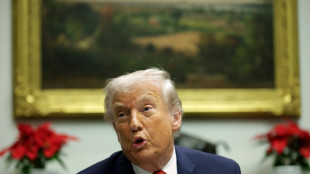
-
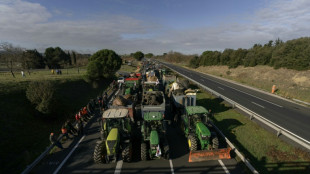 Balkan nations offer lessons on handling cow virus sowing turmoil
Balkan nations offer lessons on handling cow virus sowing turmoil
-
French readers lap up Sarkozy's prison diaries
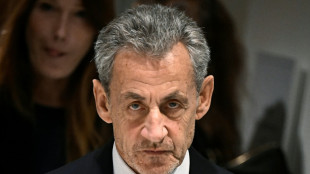

For Georgians, Ukraine tensions revive painful war memories
As tens of thousands of Russian troops mass near Ukraine's border, many in fellow ex-Soviet state Georgia are feeling a frightening sense of deja vu.
In 2008, during the Summer Games in Beijing, Russia launched a devastating ground assault against the small Caucasus country on its southern border.
Georgia was battling pro-Russian militia in its separatist region of South Ossetia, after they shelled Georgian villages.
The fighting in August 2008 only lasted several days, but claimed more than 700 lives and displaced tens of thousands of ethnic Georgians.
Today Georgians are seeing frightening parallels as Western capitals warn of another possible Russian attack on Ukraine.
"It's horrible what we see these days in Ukraine," said Zina Tvaladze, a mother of two displaced from separatist-controlled South Ossetia.
"It looks like Russian President Vladimir Putin is ready to shed the blood of Ukrainians and of his own soldiers just because he wants to restore the Soviet Union," she said.
In 2008, the 53-year-old told AFP, the separatists "burned our house as Russian troops nearby watched. We were lucky to escape execution."
At the centre of both crises is a years-old Western promise that the two ex-Soviet countries would be able to join the US-led NATO military alliance.
Just three months before the Georgian war, NATO heads of state had agreed that both Ukraine and Georgia would "become members of NATO".
The move angered Putin, who views any expansion towards Russia's borders as a security threat, despite the West stressing that NATO is purely a defence organisation.
- 'Solidarity' -
The 2008 fighting in Georgia ended after just five days with a European Union-mediated ceasefire.
The Kremlin recognised independence for the two breakaway statelets of South Ossetia and Abkhazia, and established permanent Russian military bases there.
Several years later, in 2014, Russian troops annexed the Crimean peninsula from Ukraine.
They began backing Kremlin-friendly separatists in Ukraine's east in an ongoing conflict that the United Nations says has since killed 13,000 people.
More than 13 years after the war in South Ossetia, China is holding the Winter Olympics.
As European leaders scramble to avert any Russian invasion, Georgian politicians have been voicing solidarity with Ukraine.
President Salome Zurabishvili last week criticised Russia's policy of "provocation," saying it posed a threat to both Georgia and Europe at large.
Georgia understands "very well what the people of Ukraine feel today", she said.
"This is solidarity from a country that has already suffered and is still suffering from occupation" by the Russians.
But for some in the small Black Sea country, words are not enough.
Mamuka Mamulashvili fought against Russian forces in South Ossetia in 2008.
Today, he is the commander of the "Georgian Legion", a unit of some 100 former Georgian soldiers fighting in the Ukrainian army.
"Many Georgians have enrolled in the Ukrainian military," he told AFP.
"We are fighting for Ukraine, but also for Georgia's freedom," he said, adding that a dozen Georgian volunteers have died fighting separatists in Ukraine since 2014.
- 'Next trophy'? -
Analyst Gela Vasadze said the Ukraine crisis was worrying "deja vu for Georgians".
"There is a consensus in Georgia that the fall of Ukraine would spell the end of Georgia's statehood," he said.
Putin has dismissed claims that Russia plans to attack Ukraine, but demanded "security guarantees" that include the reversal of NATO's promise to admit Ukraine and Georgia to the 27-nation military bloc.
Fourteen years on from that assurance, however, the two pro-Western nations are still not on a formal membership path.
"The United States has so far rejected Putin's demands to close NATO's doors to Ukraine and Georgia," but any membership still "remains a distant -- if not unlikely -- prospect," Vasadze said.
For many Georgians, the stakes are high.
Nona Mamulashvili, a leader of Georgia's main opposition party, said Putin's goal now was to force the West to break ties with both Ukraine and Georgia.
"Georgia's fate is being decided today in Ukraine," said the member of the United National Movement.
Tvaladze, the woman displaced from South Ossetia, feared a Russian victory in Ukraine could embolden Putin to finish what he started in Georgia.
"If Ukraine is defeated, Georgia will be his next trophy," she said.
P.Serra--PC
